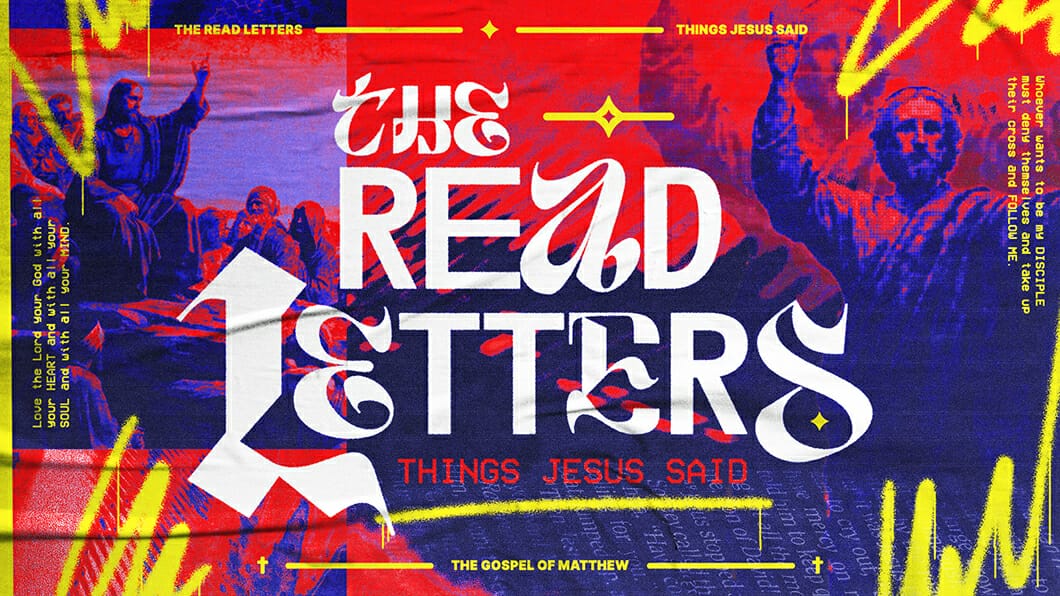Blind Spots
Laurie Buffo, Volunteer Writer, South Barrington | June 6, 2023

“Why do you look at the speck of sawdust in your brother’s eye and pay no attention to the plank in your own eye? How can you say to your brother, ‘Let me take the speck out of your eye,’ when all the time there is a plank in your own eye? You hypocrite, first take the plank out of your own eye, and then you will see clearly to remove the speck from your brother’s eye.”
Matthew 7:3-5
I have been married for a long time, and I would give my least eloquent prayer some credit for it. The prayer goes like this, “Please give a kick in the head to whichever one of us needs it.” I know it sounds unholy, but at least it is genuine. Just getting those words out settles me when I am mad and defensive. It changes my perspective because it allows for the possibility of being wrong. Most times, despite my wording, one of us will get a nudge from the Holy Spirit. Then, whoever needs to, owns their misstep and apologizes. Usually, the other will do the same.
Frequently, we focus on other people’s flaws while being blind to our own. We are quick to judge and criticize others but slow to examine ourselves. We are reluctant because we feel defensive about our failings, as though owning them means we are unworthy of love or respect.
Jesus’ advice was to take the plank out of our eyes before trying to change anyone else. It is counterintuitive that freedom from shame and guilt comes through bringing our faults out in the open. However, when we examine our shortcomings and ask God to change us, we can remove the things which undermine our relationships. Embracing our need for forgiveness frees us to love ourselves, and it becomes easier to accept others as they are too. When we no longer have a polished image to protect, it leaves room for God’s light to shine through us. People are more receptive to hearing our concerns from that place of humility.
Anyone can be hypocritical occasionally, but people who habitually put on a façade of holiness are called hypocrites. Jesus reprimanded hypocritical religious leaders for their insincerity and hard-heartedness. They often kept spiritual practices out of vanity, not devotion. They appeared righteous but were greedy and self-indulgent. They claimed to honor God but tried to undermine Jesus. The hypocritical religious leaders stressed the details of keeping the law, often missing its purpose. For this reason, they led many people astray.
Throughout the book of Matthew, Jesus warns us to be wary of hypocritical people. Doing so requires discernment, which differs from judgment. It neither comes from a place of superiority nor determines worth. It does not try to fix people. Instead, it keeps us from being led astray.
We all have blind spots. If we own them when they are revealed and ask God for help changing them, we will feel whole in a way that we cannot find by hiding under a façade of perfection.
Next Steps
- How hard is it for you to recognize and admit your failings to God and others?
- Can you think of an ongoing plank/speck situation? If not, ask someone close to you what your blind spots are. Then, spend some time processing them in prayer.
Going Deeper
Grab your printout if you did that yesterday or your Bible and mark all the repeated words and note contrasts, like in verse 6, in the chapter.
